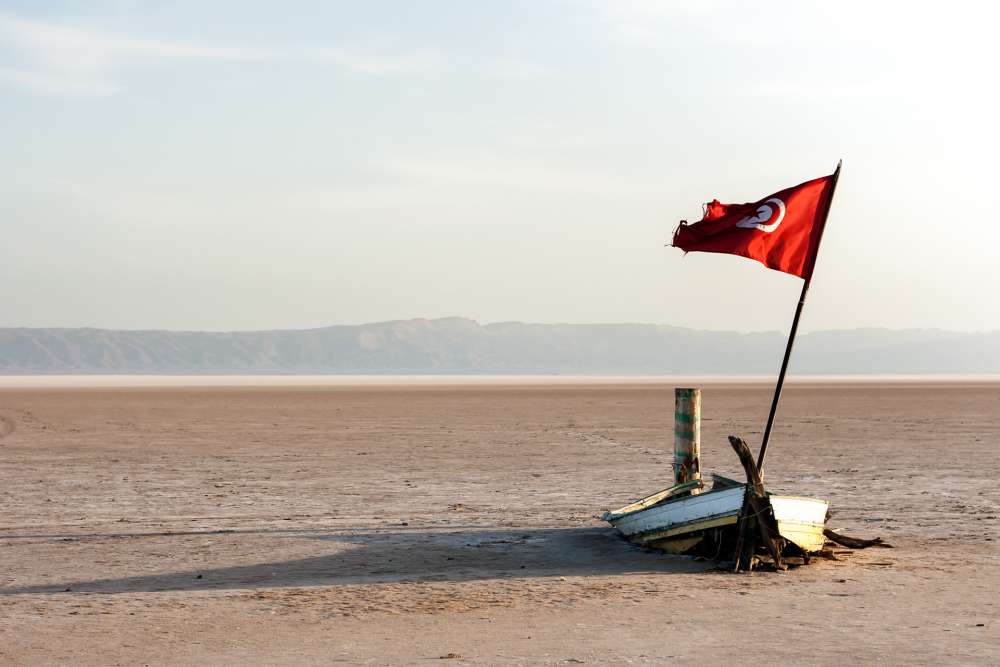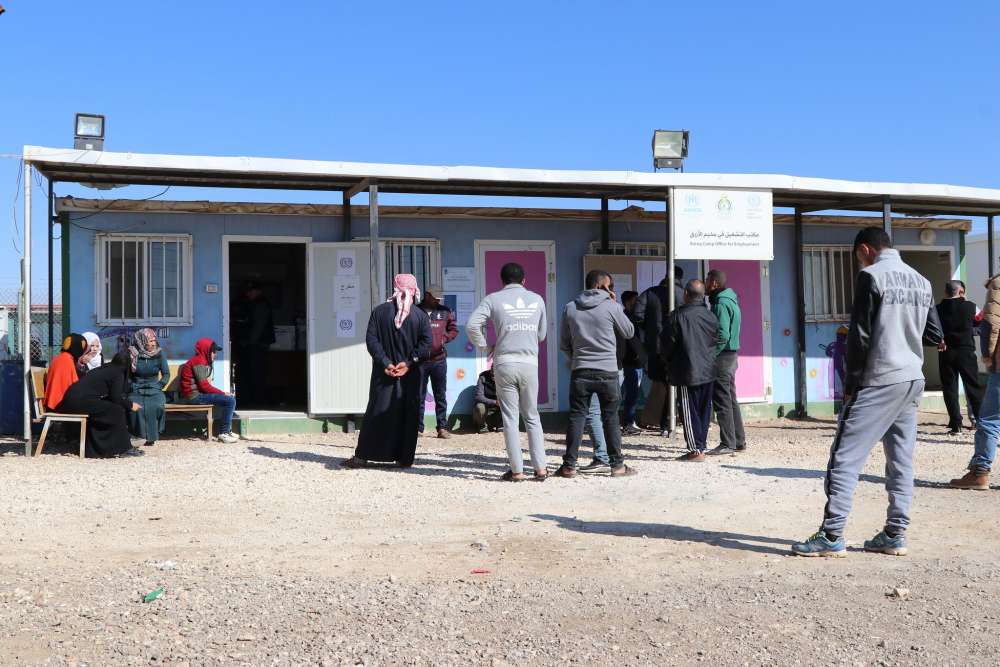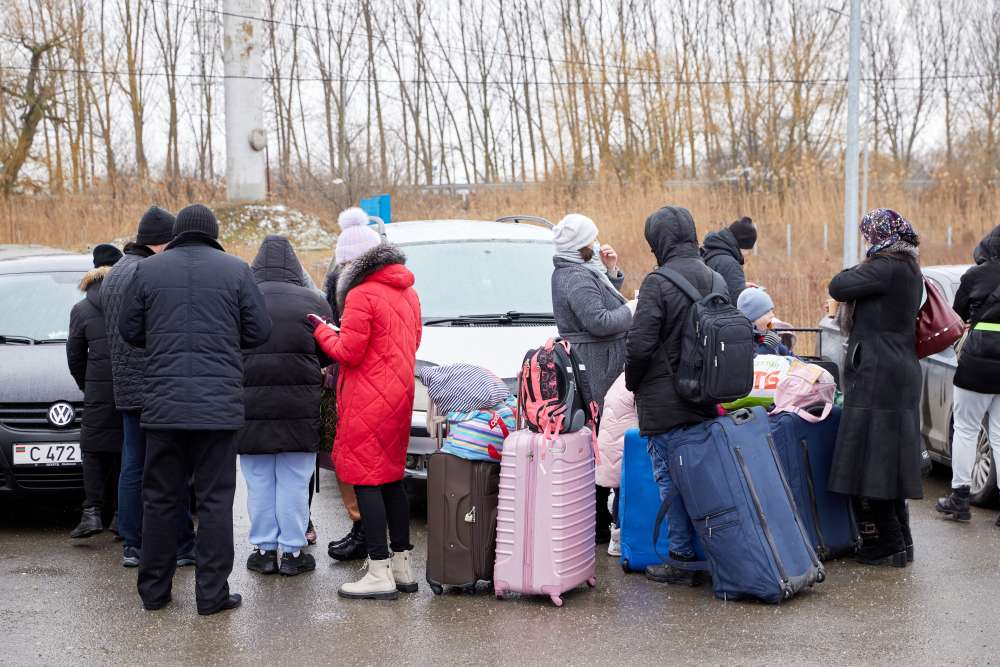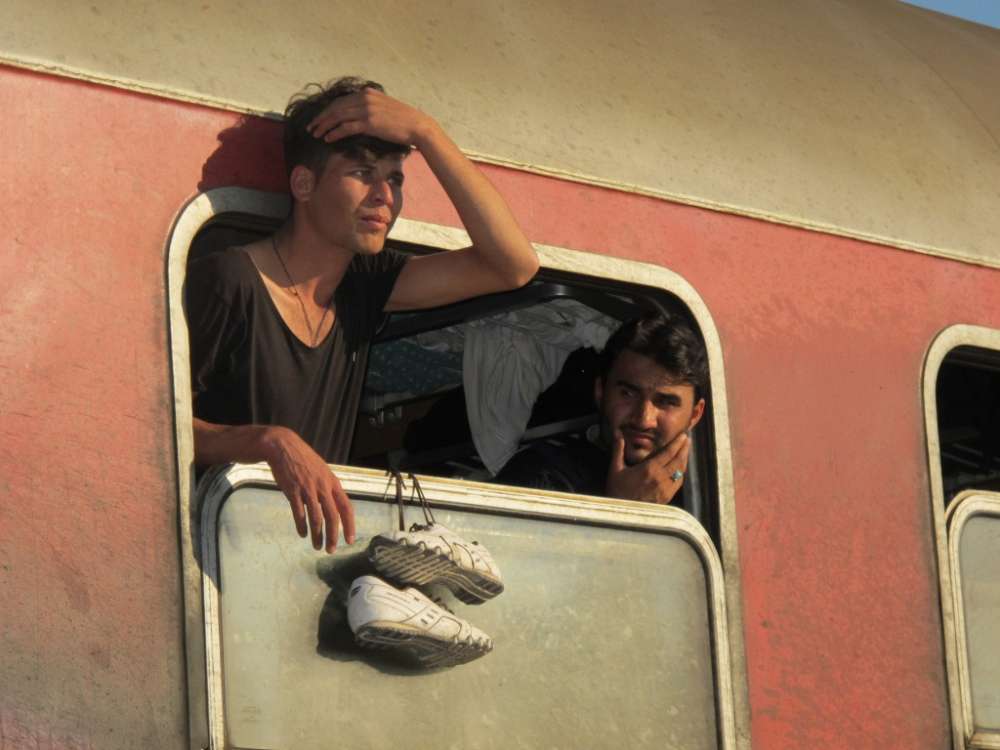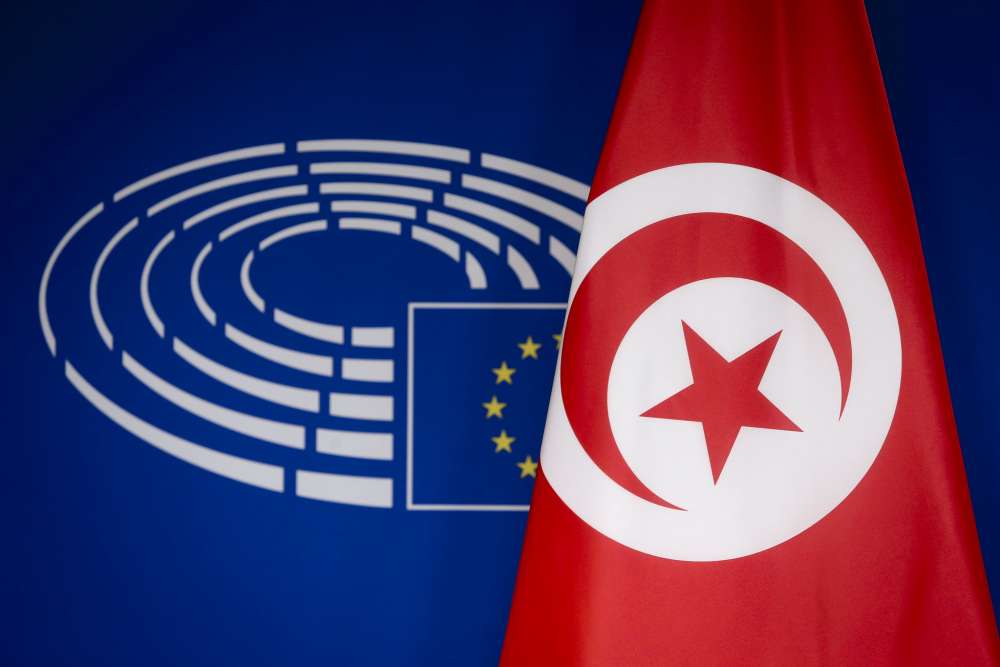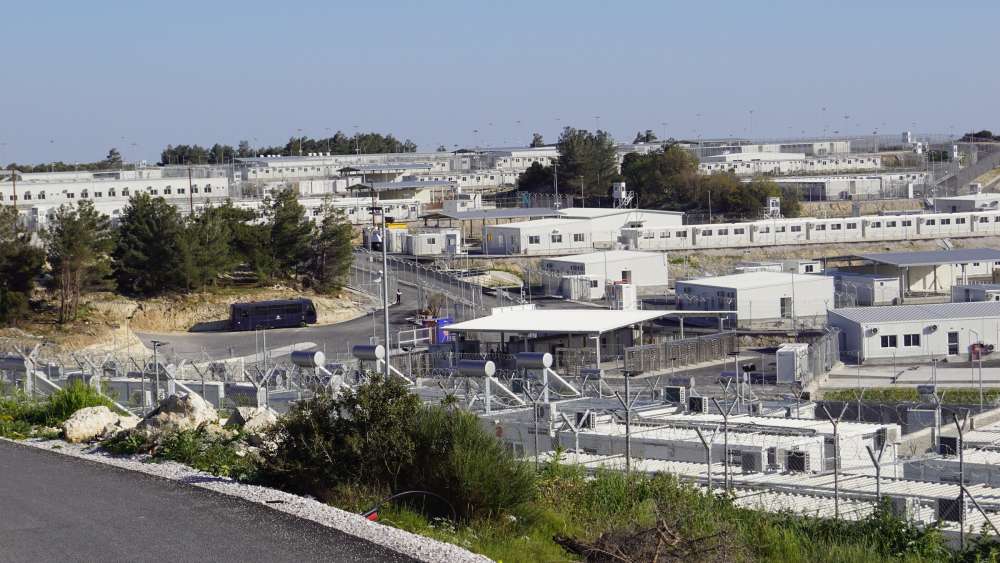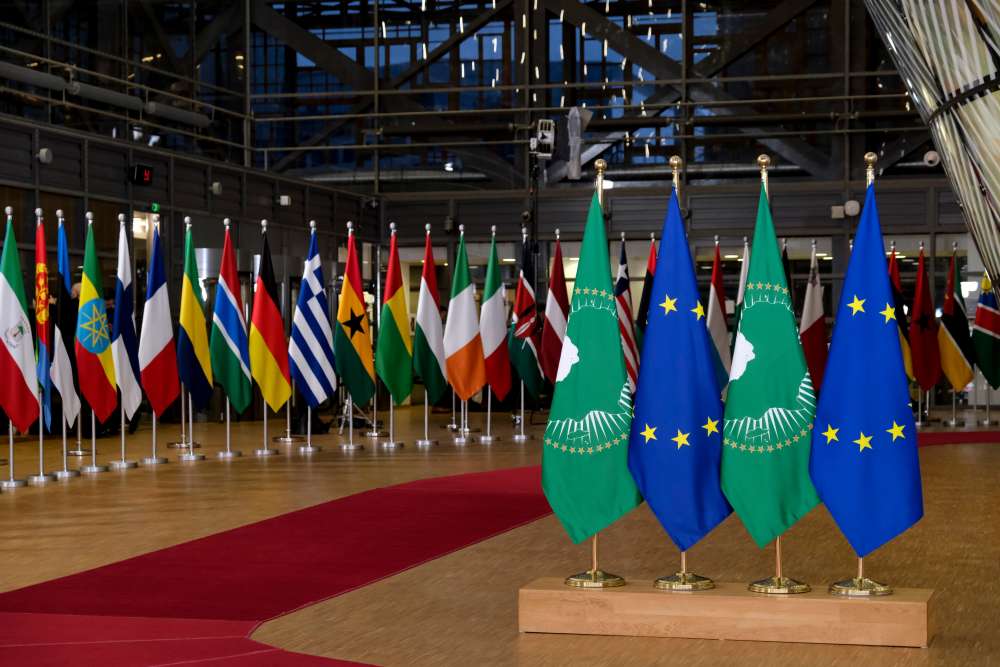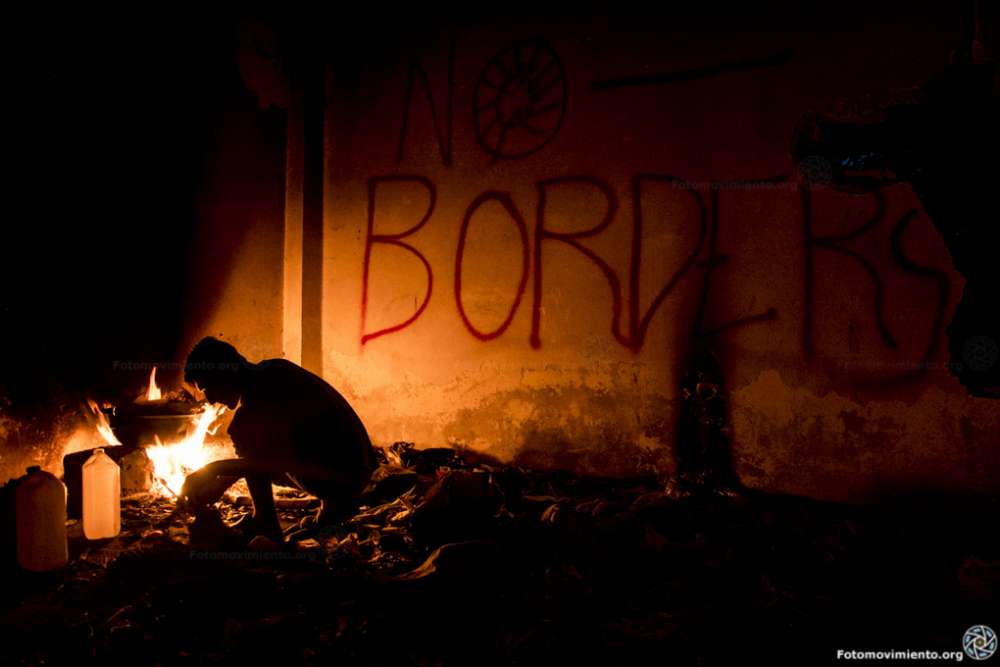Migration
Migration is not an exception, but the norm – for centuries, people have moved within and across borders. However, international efforts to govern (forced) migration remain weak because they fail to balance the quandary of individual legal protection, economic opportunities, and realpolitik rooted in domestic pressures. Broad statements of good intent to make migration safe, orderly, and regular contrast sharply with the grim realities of people on the move. GPPi seeks to support the quest for better policies on (forced) migration – policies which provide protection to people on the move and also reflect a sober analysis of the multiple interests involved – by contributing evidence from applied research.
Migration and Asylum in Tunisia
What role is the European Union playing in terms of refugee protection in Tunisia? An examination of how EU assistance is working – and where it may have some unintended negative effects.
Aufnahme gefährdeter Afghan:innen
Seit der Machtübernahme der Taliban in Afghanistan im August 2021 sind zehntausende Afghan:innen in Gefahr. Die Bundesregierung hat sich dazu bekannt, besonders gefährdete Afghan:innen in Deutschland aufzunehmen. Doch diese Aufnahme stockt – aus praktischen, bürokratischen und politischen Gründen.
Temporary Protection: The Ukrainian Field Trial
Two months into the Russian invasion of Ukraine, the reception of displaced people under the Temporary Protection Directive is starting to show political cracks. Where are the bottlenecks?
Doubling Down on the Nexus
How does UNHCR cooperate with its development partners? And how does their partnership affect refugees? This report offers findings from a three-year-long first phase (2018−2021) evaluation with the International Security and Development Center.
ASILE: Global Asylum Governance and the EU’s Role
The Global Compact on Refugees is intended to strengthen responsibility sharing between governments, organizations and other actors relevant to addressing the plight of displaced people. In this research project, we analyze the role of the European Union in this model on refugee protection.
Experts
Funding & Contact
For our work on (forced) migration we have received research grants and project funding from the European Commission, Mercator Foundation, the Netherlands Organisation for Scientific Research, and the Villigst Foundation. Clients of our advisory work include the European Commission Directorate-General for Humanitarian Aid and Civil Protection (DG ECHO), the German Federal Foreign Office, the German Federal Ministry for Economic Cooperation and Development, Gesellschaft für Internationale Zusammenarbeit (GIZ), the International Organization for Migration (IOM), and the United Nations High Commissioner for Refugees (UNHCR).
For more information, please contact Julian Lehmann.
